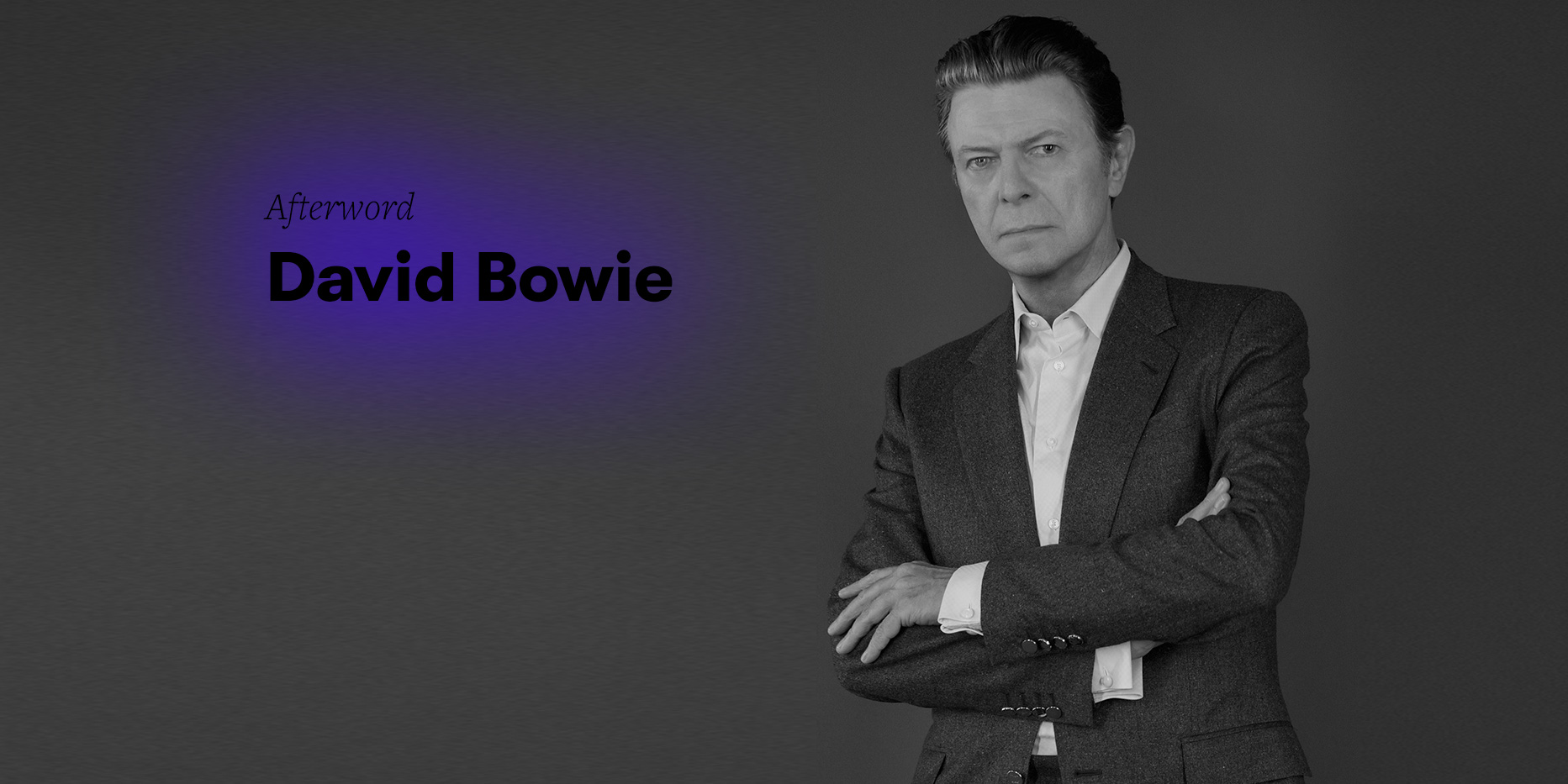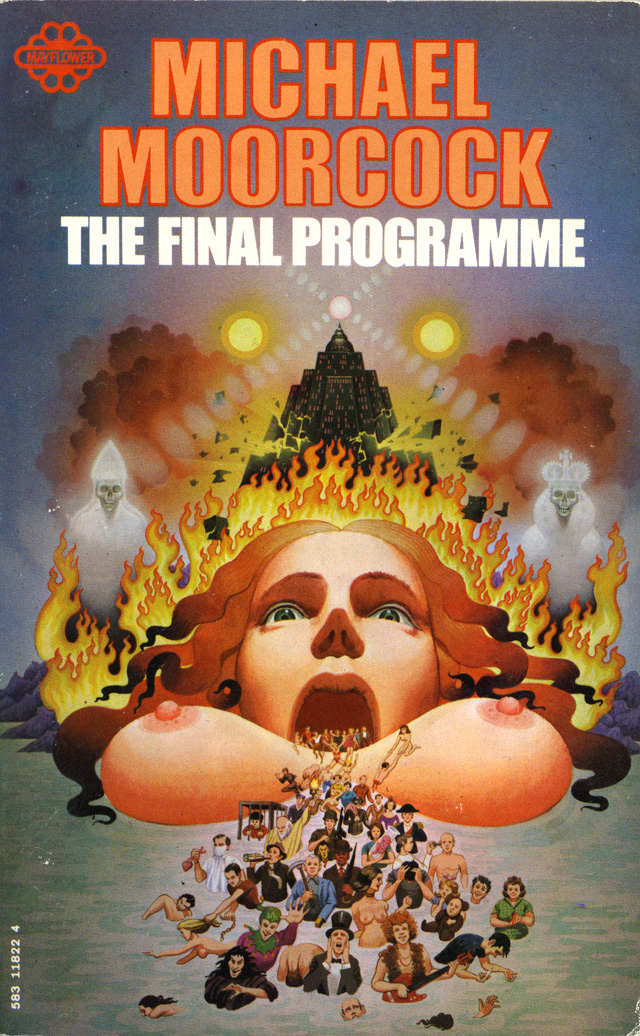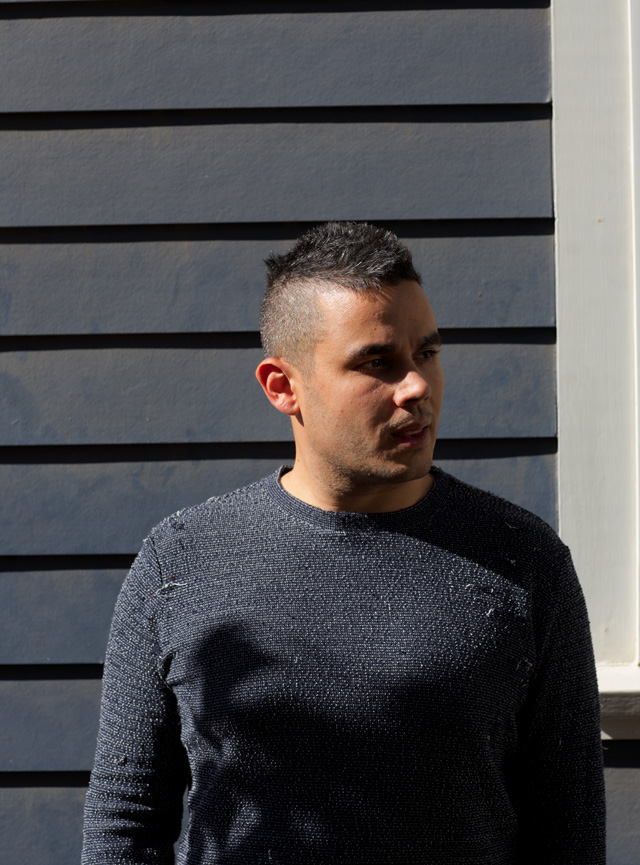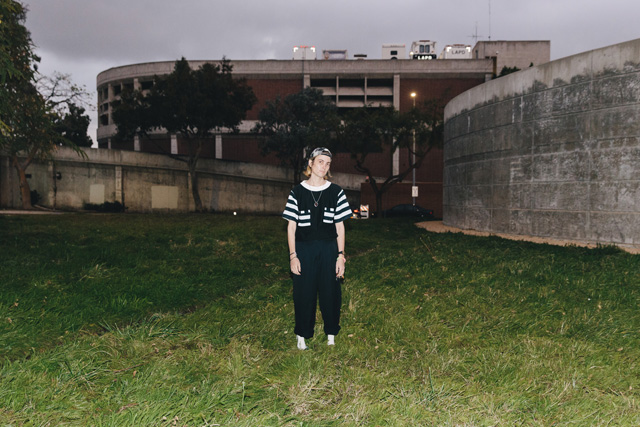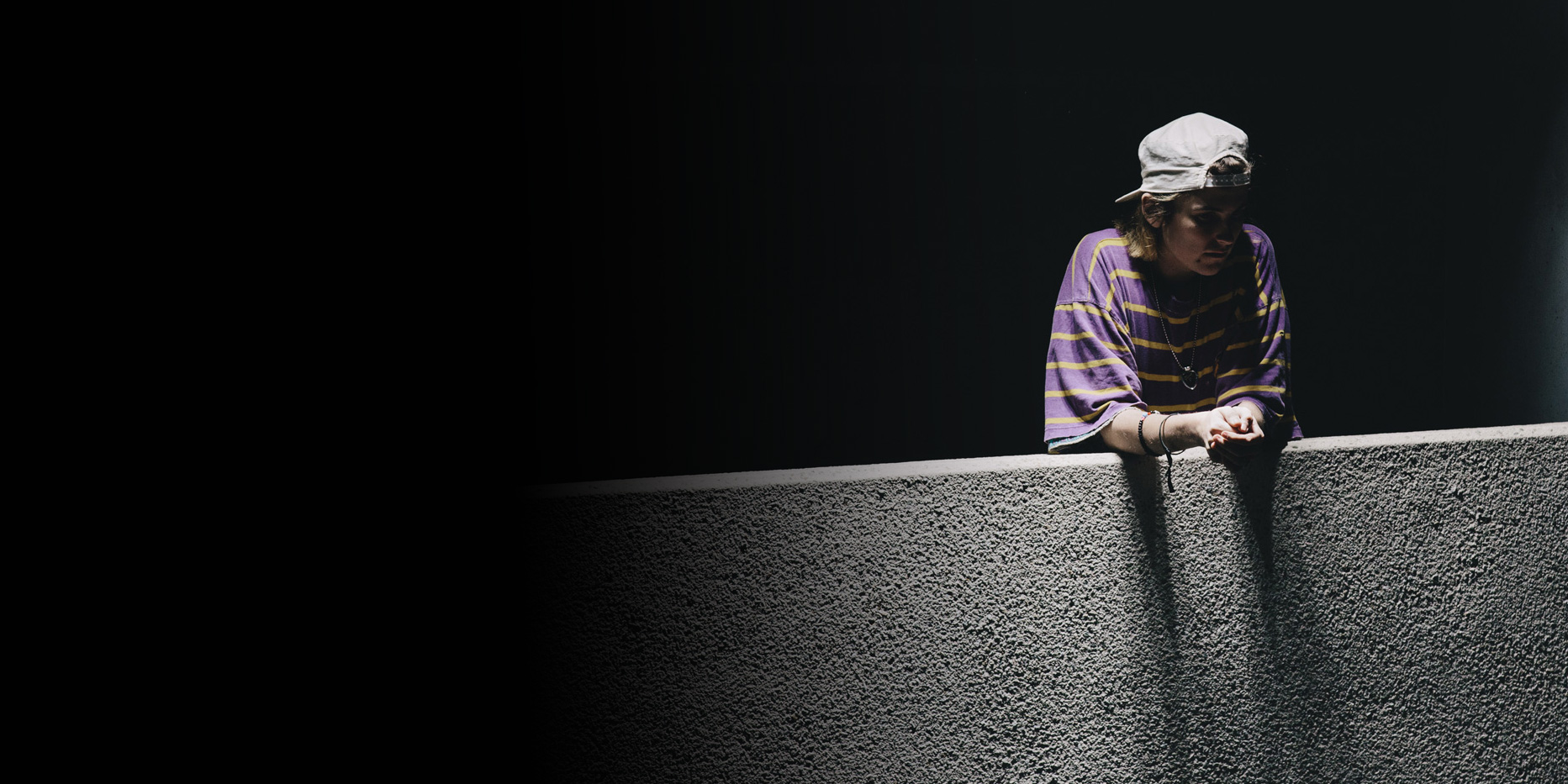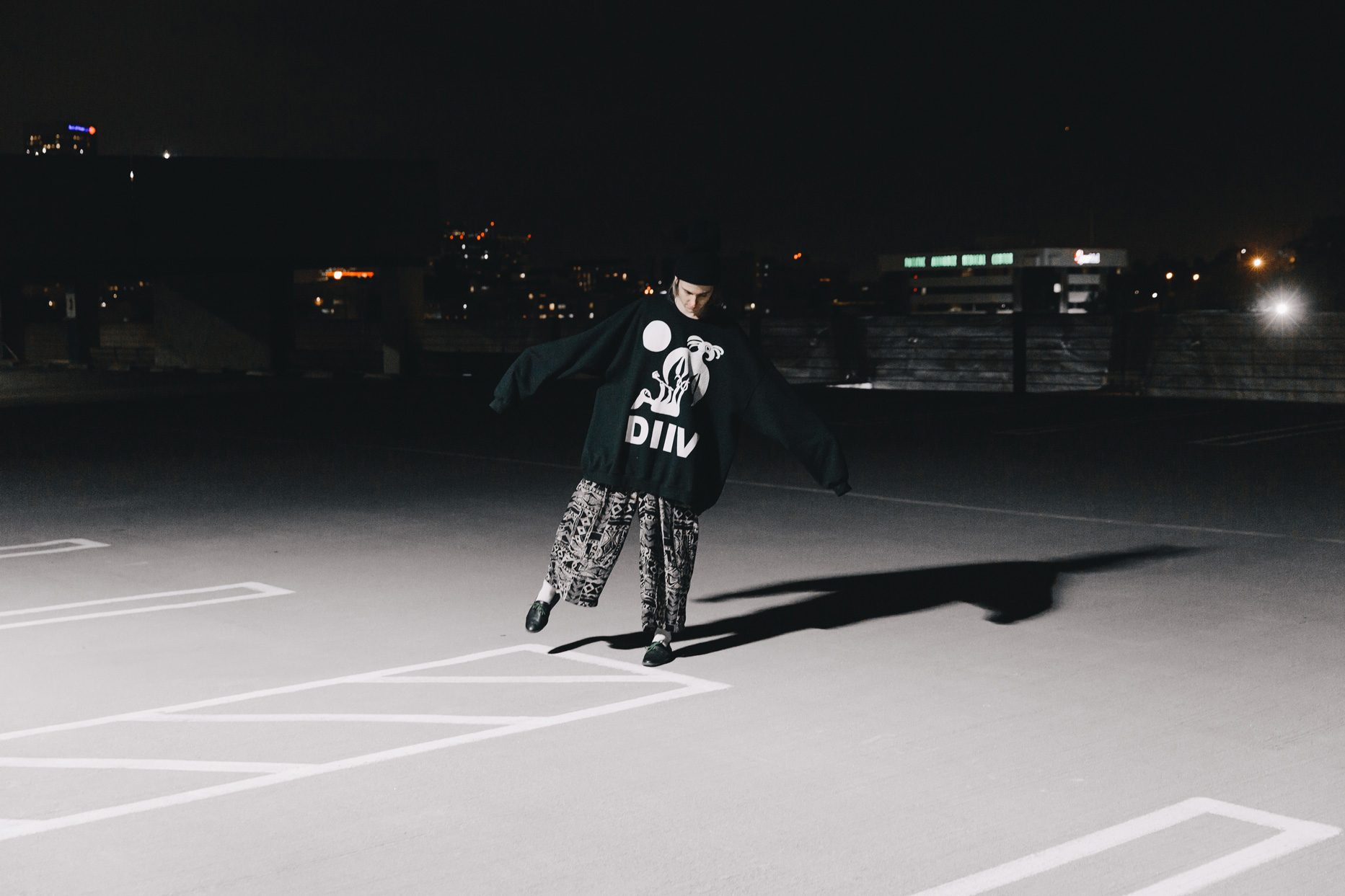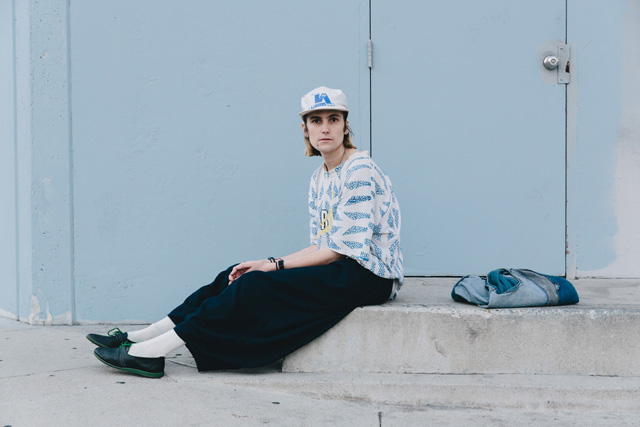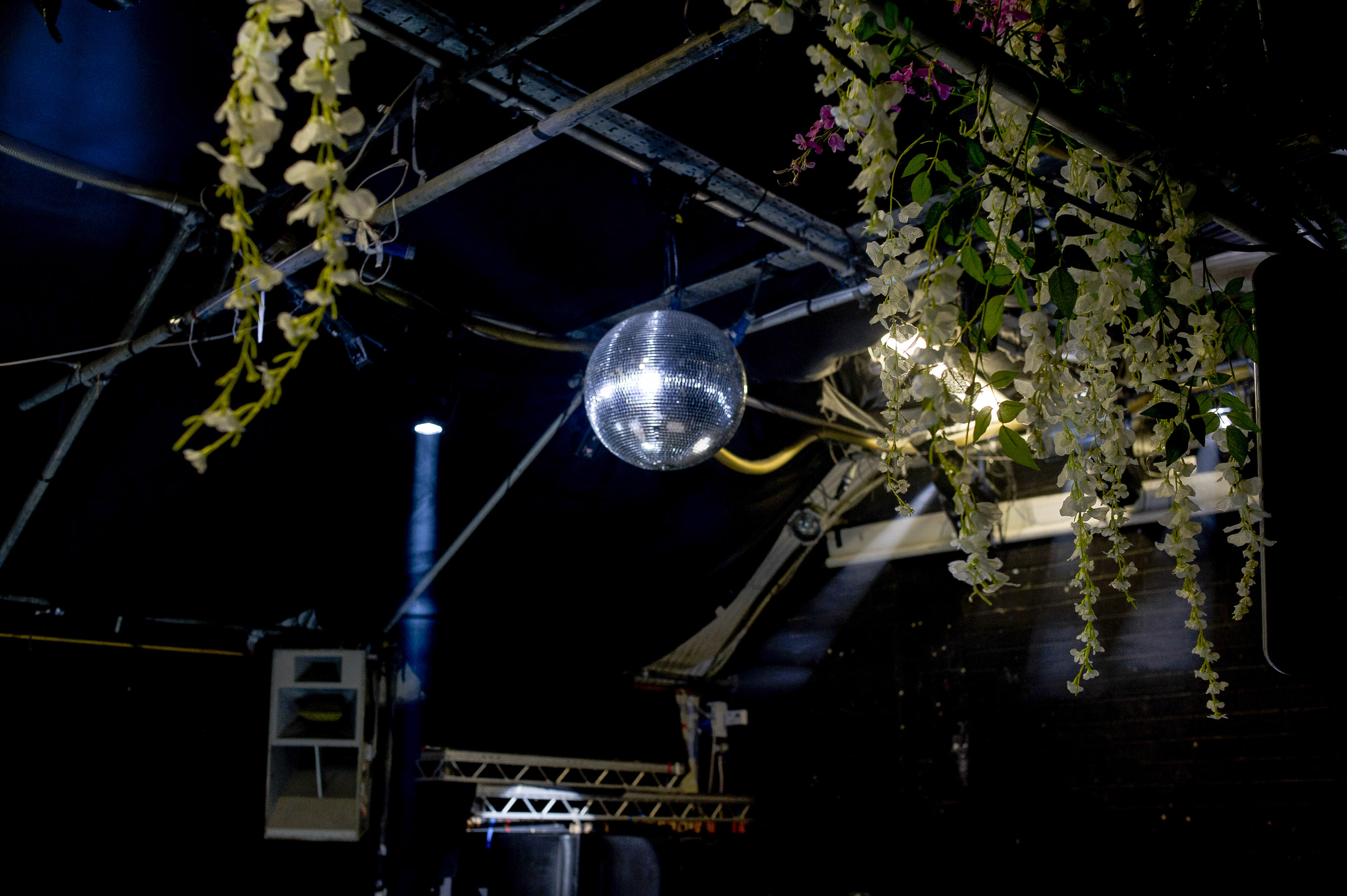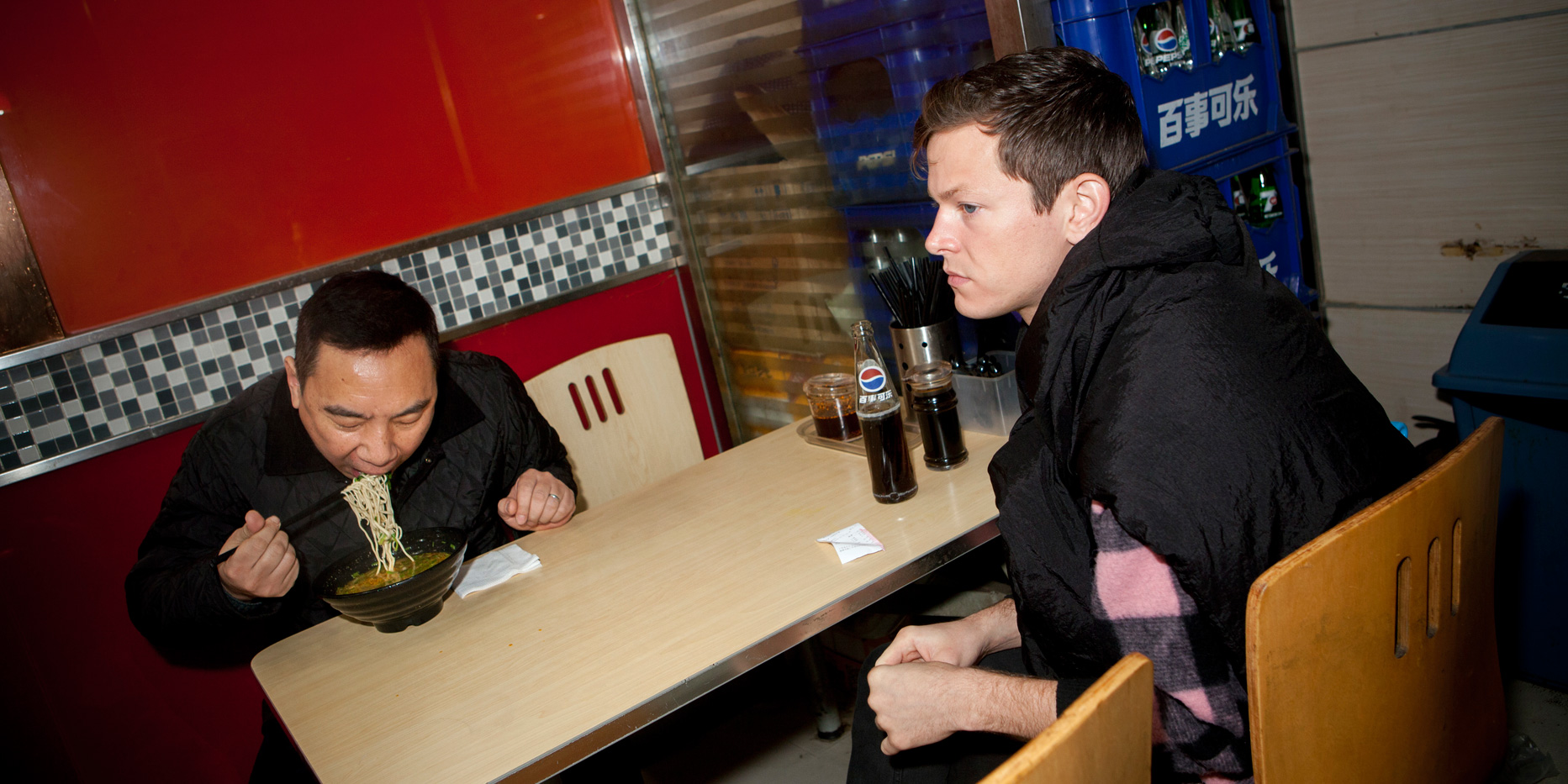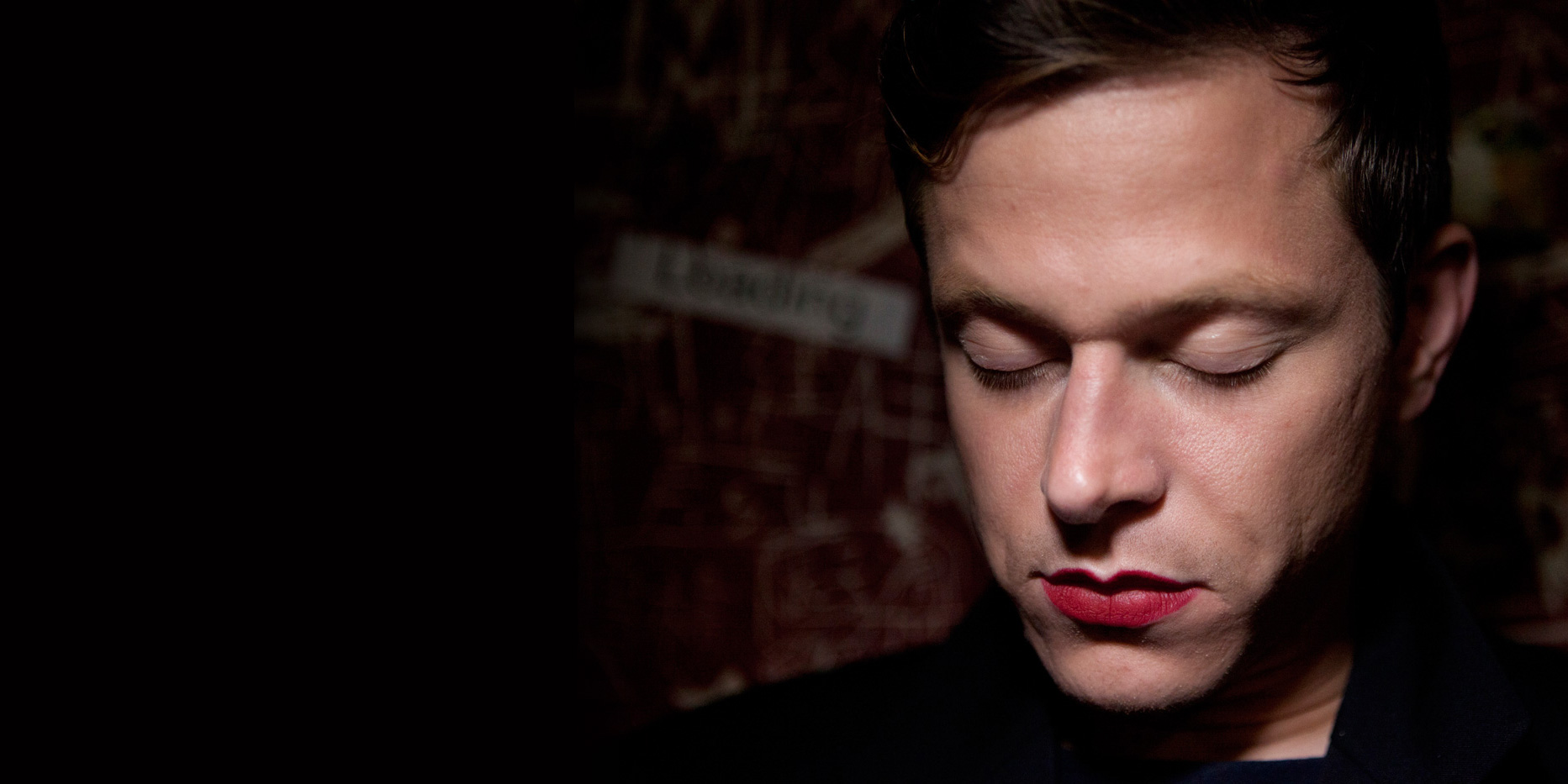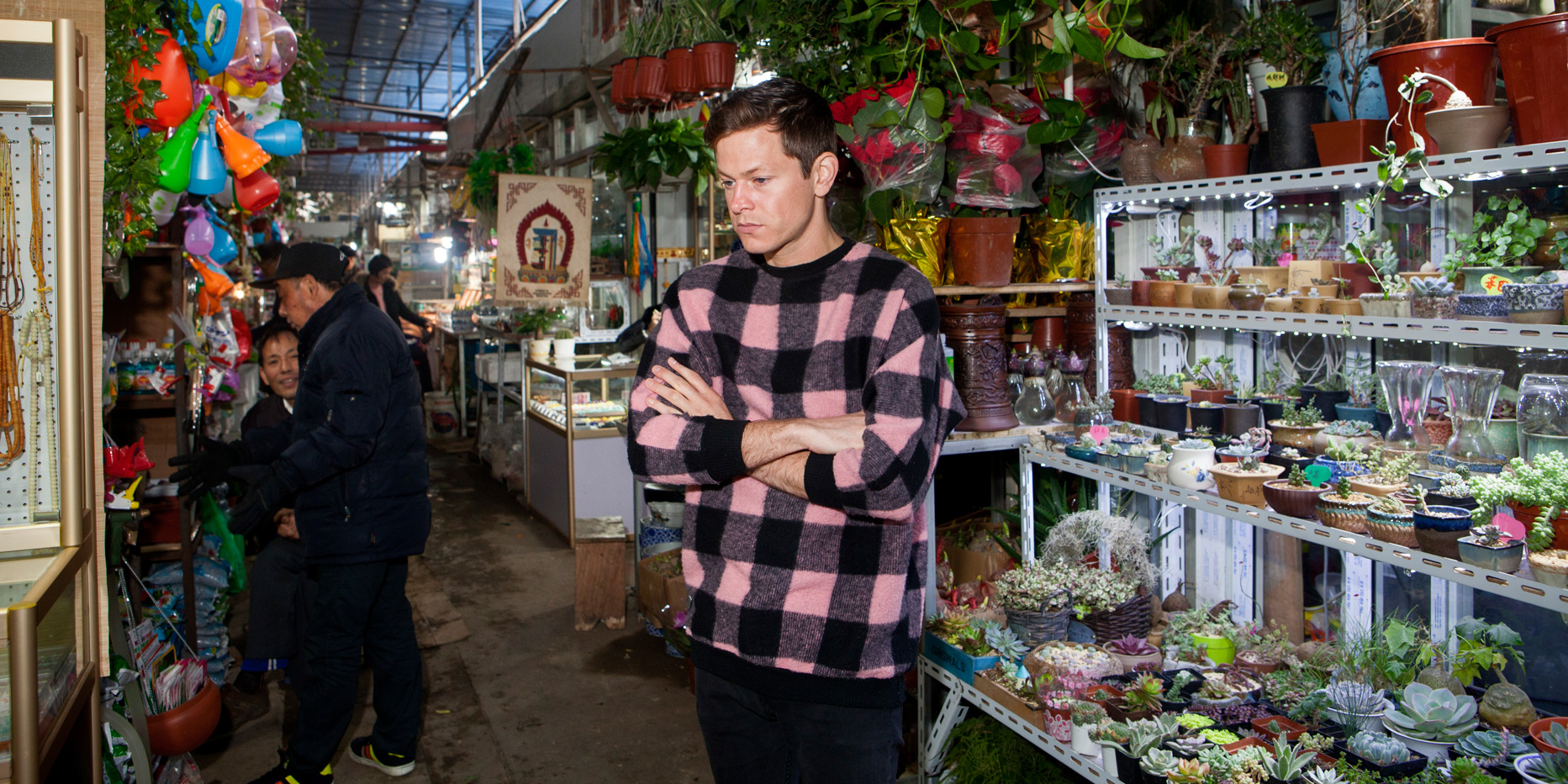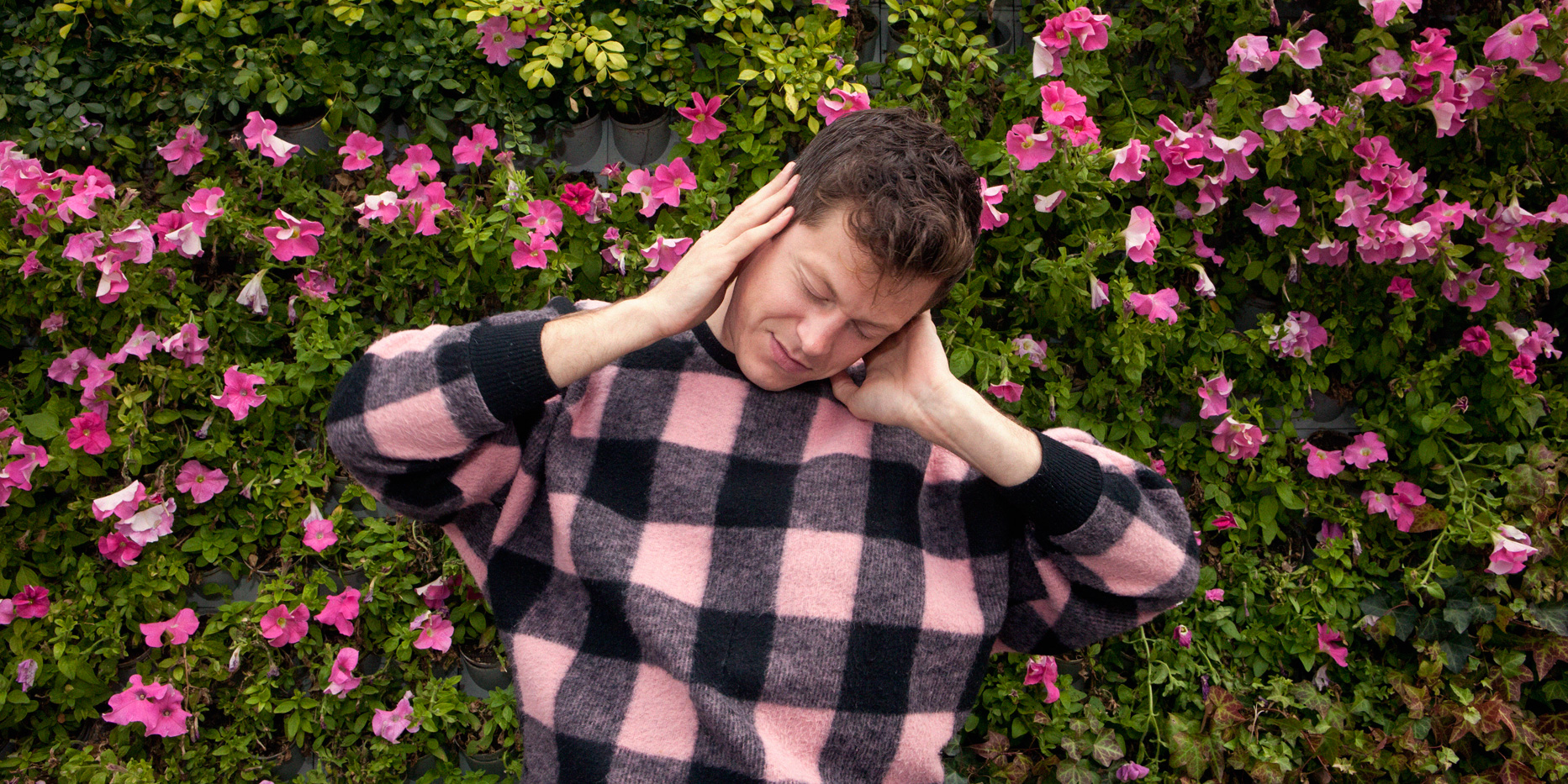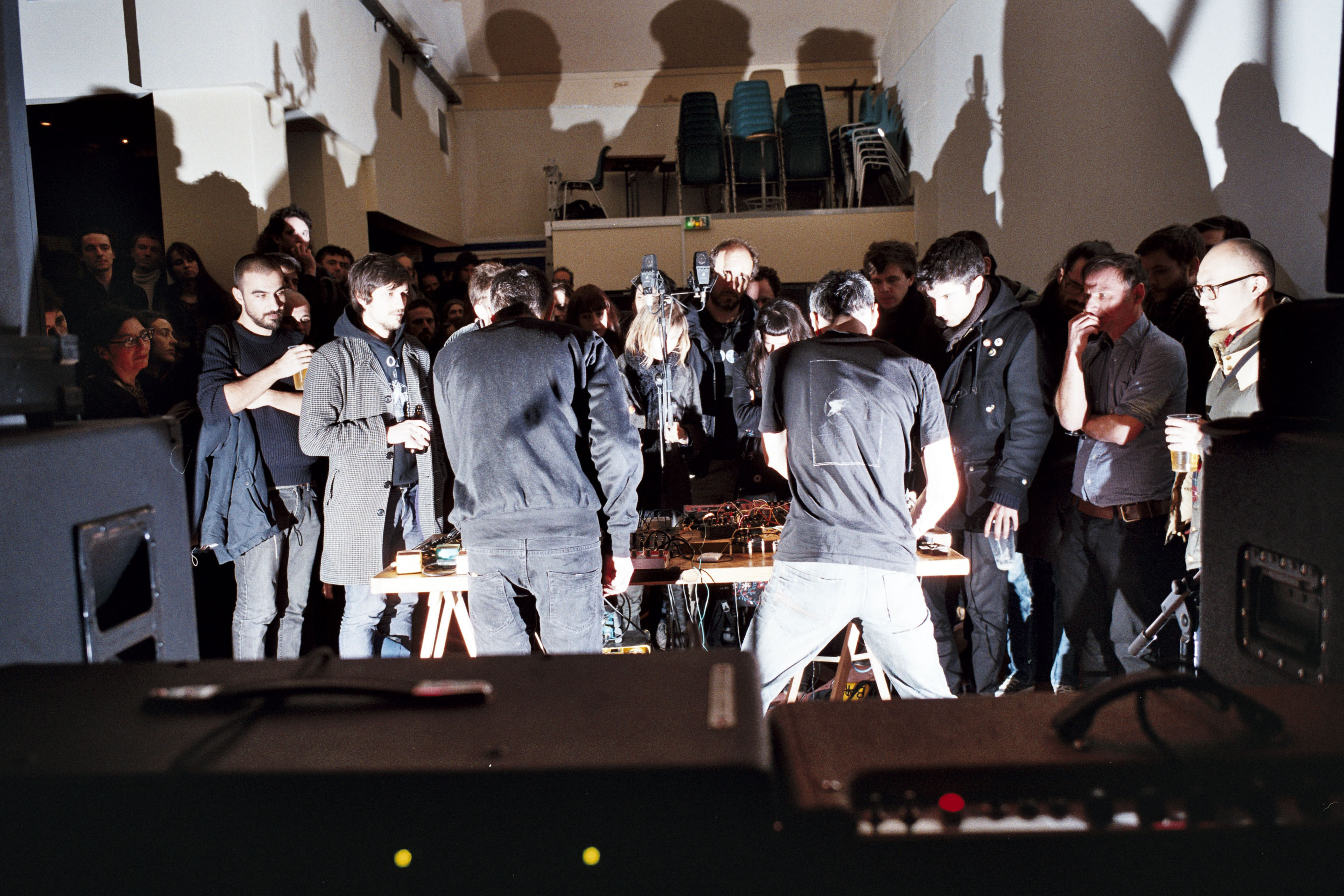

Matmos: "Ultimate Care II Excerpt Eight" (via SoundCloud)
The idea to make an album entirely out of the sounds of a washing machine came to Matmos’ Martin Schmidt as he drummed his fingers on the Whirlpool Ultimate Care II in his home studio, lost in abstracted contemplation of its cyclical rhythms. “It was a self-contained, very simple idea,” Schmidt explains. “But once you start examining anything, it gives and gives and gives. The shit writes itself as soon as you're actually paying attention." So what began as a lark turned into a profound investigation into the creative process itself.
Of course, Schmidt and his longtime partner in art and life, Drew Daniel, are no strangers to ambitious projects—whether it be musique concrete sourced from the sounds of plastic surgery, as on 2001's A Chance to Cut Is a Chance to Cure, or the fusion of Medieval folk music, early Americana, and electronic processing of 2003's The Civil War, or their last album, The Marriage of True Minds, which followed a convoluted parapsychological conceit in which human guinea pigs attempted to divine the particulars of an as-yet unwritten album. But Marriage's many moving parts tested their abilities, and sometimes their patience, taking up more than five years of their lives and occasioning more than its share of tears and fights. For the follow-up, they wanted to do something simpler.
“It started with just the sound of the washing machine itself," says Daniel. "We made a recording of its full cycle, but we were really disappointed in it." It sounded less like the dramatic slice of found sound they had imagined, and more like, well, water sloshing around in a metal box. So they began experimenting with the placement of contact mics; using transducers to feed samples of the washing machine back into the machine's resonant chamber; and inviting friends from Baltimore's underground music community, including Dan Deacon, to contribute. They decided to call the record Ultimate Care II, in honor of its star.
"The album's arc duplicates the process of getting more and more elaborately involved in the question of: How do we turn this into an instrument?" says Daniel. Ultimate Care II begins with the telltale crank of a dial and the sound of water gushing in, explodes into an extended section of unhinged polyrhythms—"the panic of the imbalanced load," jokes Schmidt—and proceeds to take in the bleeps and pings of academic computer music, pots-and-pans techno, and electroacoustic IDM.
To preserve the project's rigor, they followed certain constraints. For one thing, only sounds generated by the washing machine could be used. (What seems to be a trombone is actually Schmidt licking his finger and rubbing it across the machine's metal surface.) Also: The family machine needed to emerge from recording unscathed. "There’s that amazing video on YouTube of the guy who puts a brick in his washing machine and it destroys itself!" says Schmidt, “but I did not want a broken washing machine at the end.”
The most important stipulation was that the album's length mirror a typical wash cycle—and for it to be presented as one unbroken track. "It's important because that's what the washing machine is," says Daniel. "You don't get to pick this part or that part. You commit to 38 minutes of this sound."
To drive that point home, they even include a four-minute stretch of pure, unprocessed washing machine in all its banal glory. "There is this feeling of: What the fuck is this, you're just making us listen to a washing machine?” Daniel says. “Yes we are." Rather than the exaggerated, fantastical aspect of contemporary electronic music—whether mainstream EDM or the underground's more apocalyptic visions—the two aimed to imagine something that would be the opposite of escapist.
"I wanted to think about what it would mean to deliberately court drabness,” Daniel continues. “If you look at our lives now, so much of it is leveraging social media to produce envy in others." What could be less enviable than having to wait for the laundry machine to finish its cycle? That said, the making of the album wasn't without its pleasures. "I've honestly never had so much laundry done in my life," says Daniel. "It's amazing, like, wear it once, and boom, it's clean again."

Photo by Josh Sisk
Pitchfork: How did you come up with the washing machine idea?
Drew Daniel: There's that Kierkegaard quote: "The moment of decision is the moment of madness." You can't ultimately justify these little flicks of intuition where you see something and say, [snaps] “That's what I'm going to do.” But once you've made that decision, everything follows.
Martin Schmidt: I'm the house-husband, so I do the laundry. I stand in front of this thing and fuck with it, like any nerd does with anything. I worry about getting whites whiter. I do bleach-soaking cycles. I use that chemical that oxygenates your clothes. I do all this stuff, and I have for years. The machine tells a story that's broken up into a little parts, and I have an intense relationship with it. It's unserious yet serious. I think about California and how they don't have any water anymore, and American waste, and how this old-school washing machine is just a huge bucket that fills with water and goes uh-hu-uhhhh-hu and dumps out all the water and then does it again.
DD: The more you look at it, the more you see. That's what our methodology has always been about. At the level of sound, a washing machine is an experience of being forced to hear a drone for 40 minutes; it's a noise instrument in your house. Everyone is having this DIY noise show in their basement pretty much on a weekly basis. And we've all had that experience, whether you're on psychedelic drugs or daydreaming, of getting corkscrewed into this spiraling pattern that keeps shifting as the weight of clothes moves and the speed ramps up and slows down. There is so much musicality in that.
Pitchfork: Do you remember when you actually decided that this would be the theme of your next album?
DD: I thought he was kidding the first time he said it, and then he brought it up again, and then I realized, Martin's not kidding.
MS: I liked that aspect of it, like: But that's just stupid. [laughs] Yeah! It's a stupid idea. It's funny. It makes a joke out our practice, which we have never been afraid of. I don't know how many times people have said, "So that's just novelty music, right?" I would be more than proud to say that I stand in a parade with Perrey and Kingsley and Enoch Light.
DD: We are, for better or worse, associated with this idea of a conceptual approach. But it would be fairer to say that we're literalists. There's something quite crashingly literal about a washing machine album that is made with a washing machine. Is that a concept? Well, are objects concepts? Not really. They're material things. They aren't abstractions. There's a kind of no-mind that we're searching for—that reverie of just listening to the machine and tumbling into its sounds. You don't need a PhD to grasp that it's a rhythmically complex cycle that is pleasurable unto itself.
“It's not cool to be under a Bud Light banner, but how many bands are fucking sponsored by Whirlpool?”
Pitchfork: Were there any constraints that you placed upon yourself? You can turn anything into music with enough processing nowadays, but did you feel a tension between respecting the specificity of the machine and making something aesthetic out of it?
MS: We've always felt that you should be able to hear the original object at some point.
DD: If we filled the washing machine with marbles, we might get a great sound—but then you're talking about marbles. We even debated about using the sink where the water from the washing machine drains, like, “Is that still a washing machine sound, or is that a sink?” It's a little bit like Hasidic Jews, where you get into questions of, like, “How can we live within the law and honor that while still having the freedom to do X or Y?”
MS: So we consulted a rabbi. [laughs]
DD: There's a lot of creativity in interpreting how to follow a rule. I don't feel like, Oh, my creativity is hampered. The whole rhetoric of infinite possibilities is such a cliché. Every gear manufacturer wants to sell you on that, and it's a ruse. There's one moment on the album that is not a washing machine and it's where Martin is drumming and fucks up. He goes "argh!" and we kept it in there. It's like when Freemasons make a building they leave one brick turned the wrong way, because if you have a perfect building it's an insult to God. You have to show humility with one error.
Pitchfork: Was your water bill atrocious while making the album?
DD: Water isn't such a big deal in this state—and a lot of the people on this record did their laundry at our house.

Pitchfork: Besides the obvious, what was the thinking behind naming the record after the washing machine?
MS: This is an album made with this washing machine, not washing machines in general.
DD: Every washing machine has different patterns and different speeds and a slightly different pitch.
MS: European washing machines are so technologized and they have incomprehensible sigils all over them. It's like, “What does the triangle wave over three lines and a single dot mean?” I'll never forget doing laundry at Björk's house—who of course didn't do laundry either, because she has a housekeeper—and I was like, “What does any of this mean?” And she was like, "I don't know." Eventually I had to unplug the washing machine and wait for it to reset to get my fucking clothes out. We were there for three and a half hours.
DD: There is a particular love of the Ultimate Care II. And the fact that it's not a model that is currently for sale or in production helps us to avoid basic commodity fetishism.
Pitchfork: You could have tried to get a sponsorship.
MS: We tried. We were like, “Is there room in your bed, Whirlpool?” And they were like, "You are weird. We won't sue you, but we also won't give you $20,000 to go on a tour." We'd be happy to perform under a Whirlpool banner. It's not cool to be under a Bud Light banner, but how many bands are fucking sponsored by Whirlpool?
DD: And when you tour, it's a fucking nightmare to do your laundry. You don't have time and very few venues have a place where you can do it. So it's just a part of being on tour to be stinky and dirty and kvetching in this sort of entitled-sounding way about how it's so hard to do laundry. So if we are somehow able to tour with a washing machine and do laundry on stage, that would be amazing. If Whirlpool wants to help us make that dream come true, then God bless 'em.
Pitchfork: I understand that you were actually trying to get a stage-ready washing machine you could tour with.
DD: Yeah, we don't know how we're going to do it live. It's a particular challenge because water and electricity are generally not friends.
MS: No venue wants you filling up a 20-gallon bucket full of water and dumping it out on their stage.
DD: And we didn't make a dryer album, so is the outcome just a bunch of wet clothes? Would our encore be a dryer set? We could have fabric softener at the merch table.

